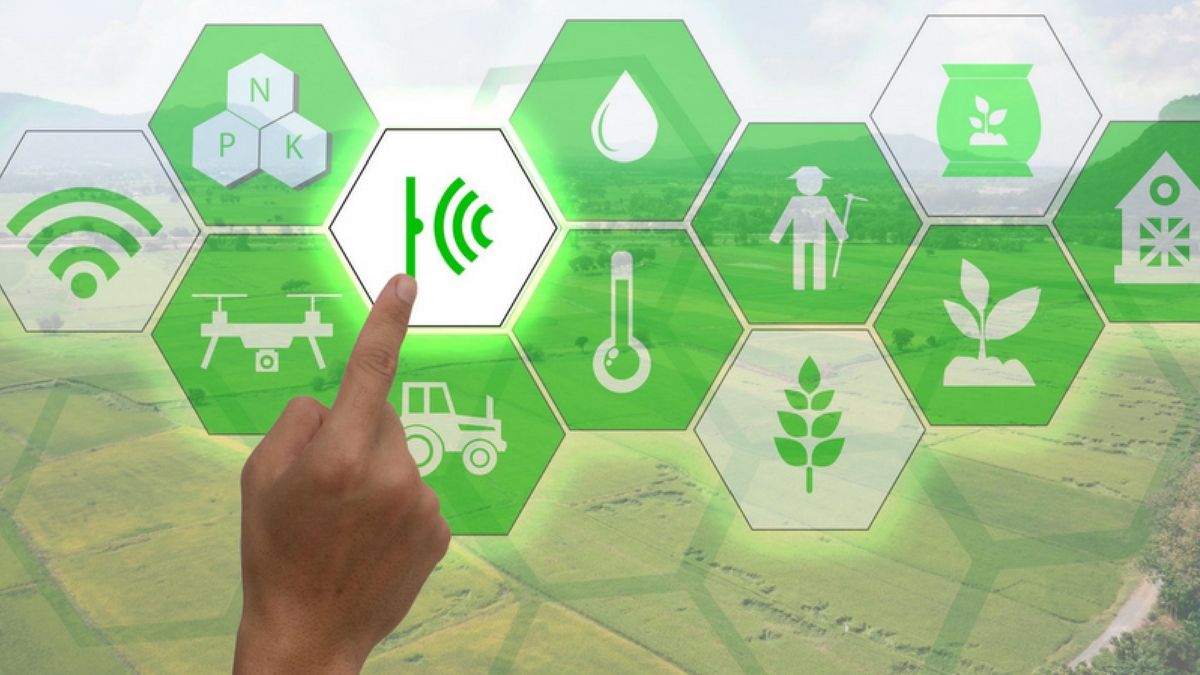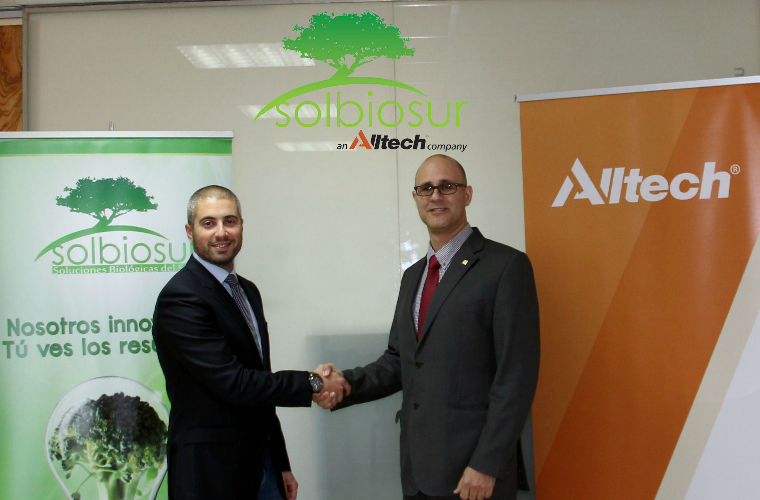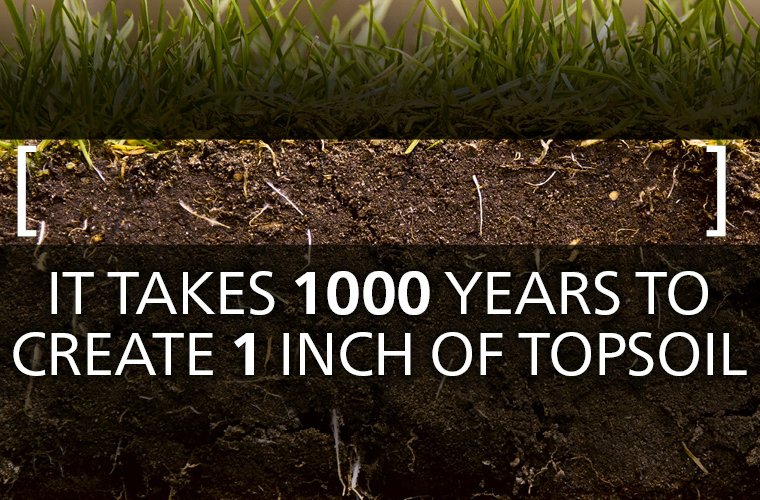World feed production exceeds 1 billion metric tons according to 2017 Alltech Global Feed Survey
[LEXINGTON, Ky.] – The 2017 Alltech Global Feed Survey, released today, estimates that international feed tonnage has exceeded 1 billion metric tons for the first time. That’s a 3.7 percent increase over last year and represents 19 percent growth since the inaugural survey in 2012, despite a 7 percent decrease in the number of feed mills.
The sixth annual survey is the most comprehensive ever, now covering 141 countries and more than 30,000 feed mills. The results show that the U.S. and China are the top two countries, producing one-third of all animal feed, and that predominant growth came from the beef, pig and aquaculture feed sectors as well as several African, Asian and Middle Eastern countries.
“This year clearly demonstrates the growing efficiency and consolidation of the feed industry,” said Aidan Connolly, chief innovation officer and vice president of corporate accounts for Alltech. “Not only has total feed production exceeded 1 billion tons for the first time, but it has done so with fewer facilities, which means greater efficiencies and a decreased environmental footprint.”
The Alltech Global Feed Survey assesses compound feed production and prices through information collected by Alltech’s global sales team and in partnership with local feed associations. It is intended to serve as an information resource for policymakers, decision makers and industry stakeholders.
This year’s survey showed that the top 30 countries, ranked by production output, are home to 82 percent of the world’s feed mills and produce 86 percent of the world’s total feed. The top 10 feed-producing countries in 2016, in order of production output importance, were China, the United States, Brazil, Mexico, Spain, India, Russia, Germany, Japan and France. These countries contain 56 percent of the world’s feed mills and account for 60 percent of total production.
Regional results from the 2017 Alltech Global Feed Survey
· North America: North America feed production remains relatively flat. However, the region continues to lead other regions in feed production for beef, turkey, pet and equine.
· Latin America: Brazil remained the leader in feed production, while Mexico saw the highest growth in tonnage, now accounting for more than 20 percent of Latin America’s total feed production but still only almost half of Brazil’s total production. Overall, Latin America has moderate feed prices, but Brazil’s have increased this year. When compared to the U.S., Brazil’s feed prices are 20 percent higher for pigs and 40 percent higher for layers and breeders.
· Europe: For the first time in several years, the European Union saw feed tonnage growth. The region was led by Spain with 31.9 million tons produced in 2016, up 8 percent. Decreases came from Germany, France, Turkey and the Netherlands.
· Asia: China remained the top feed-producing country with 187.20 million metric tons, while increased production for the Asian region also came from Vietnam, Pakistan, India and Japan. Vietnam in particular grew 21 percent over the past year and moved into the top 15 countries list for the first time, specifically led by increased production of pig and broiler feed. Asia continues to be one of the most expensive locations in the world to raise animals, as Japan’s feed prices are some of the highest in the world and China’s prices are double that of most of the top 10 producing countries.
· Africa: Africa had the fastest regional growth for the fifth year in a row, with more than half of the countries achieving growth. Nigeria, Algeria, Tunisia, Kenya and Zambia each showed significant growth that was greater than 30 percent. The region still lags in terms of feed per capita but shows continued opportunity for growth. Africa also has some of the highest finishing prices of any region, as Nigeria and Cameroon both rank in the top five countries.
“Overall feed prices are down, and therefore food production costs are down,” said Connolly. “From a global perspective, we estimate the value of the feed industry at $460 billion.”
Notable species results from the 2017 Alltech Global Feed Survey
· The poultry industry represented 44 percent of the total global feed production, a slight decrease from last year. This could be a result of avian influenza, industry consolidation and more efficient feed conversion.
· Positive growth was observed in pig feed production, particularly in Asia as Vietnam and Thailand are now top 10 pig-producing countries. China represents over a quarter of the world’s pig feed production, but sow numbers have decreased by almost 40 percent over the past three years.
· Global dairy feed production remained flat, while the U.S. and India reinforced their position as the top two producers with increases of 12 and 14 percent, respectively, whereas Europe saw a downturn. Turkey decreased by 1.5 million tons and Germany declined by 3.4 million tons.
· The U.S. maintained the top position in the beef industry, and estimated feed production was 10 percent higher than last year. China, Spain, Turkey and Mexico all showed increased beef feed production.
· Aquaculture continued its year-over-year growth with a gain of 12 percent in feed production in 2016. Increased production from Turkey, Germany, the U.K. and France contributed to a strong performance from the European region. Africa increased production by almost 1 million metric tons, while Asia maintained its volume. The increase in aquaculture feed correlates to the consumption of farmed fish.
· The 2016 survey was able to gather more pet sector data than previous years, allowing for more information to be captured on the size and scale of the market. The U.S. remained number one, while Europe and Asia also showed growth. France’s estimates were increased by 1 million metric tons, although this reflects more accurate data collection rather than a production increase over 2016. The U.K., Spain, Germany, Hungary, Indonesia and China also experienced growth.
“The Alltech Global Feed Survey provides valuable information and an annual pulse check on the feed industry as we look toward sustainably feeding a growing population,” said Connolly. “The survey continues to improve and provide more robust and reliable data.”
- Read more about World feed production exceeds 1 billion metric tons according to 2017 Alltech Global Feed Survey
- Log in to post comments

World feed production exceeds 1 billion metric tons according to 2017 Alltech Global Feed Survey.




















